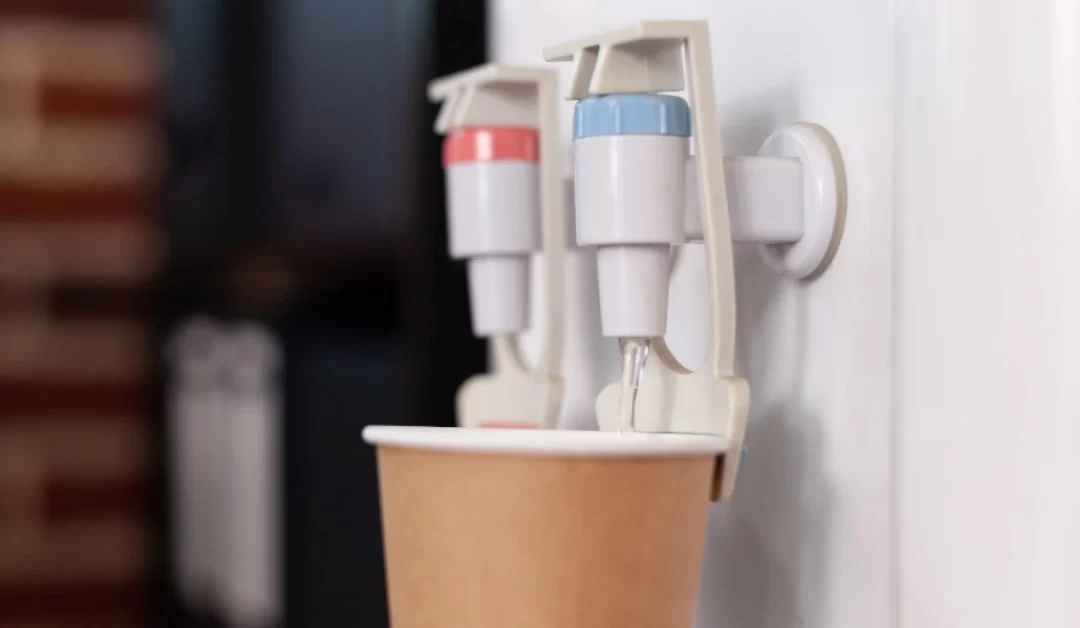Clean and safe water is a vital necessity for every household, regardless of where you live. If you are a Texan concerned about the quality of your tap water, you are not alone. Finding the right water filtration system for your home can be a crucial step in ensuring that your family has access to clean and refreshing water.
In this comprehensive guide, we will navigate the world of water filtration systems together, helping you make an informed decision for your Texas home. So, let’s jump right in and explore the options available to you!
Understanding the Water Quality
Before diving into the various water filtration systems, it’s essential to understand the quality of your tap water. Texas boasts a diverse range of water sources, from underground aquifers to rivers and lakes. To get started, obtain your annual water quality report from your local water utility. This report provides valuable information about the contaminants present in your water supply, such as chlorine, heavy metals, pesticides, or bacteria.
Types of Water Filtration Systems
Now that you have a clearer understanding of your water quality let’s explore the different types of water filtration systems available:
Point-of-Use Water Filters: Point-of-use filters are installed directly on specific water sources in your home, such as faucets or showerheads. These filters are ideal for addressing immediate water concerns, such as improving the taste and odor of drinking water. Faucet-mounted filters and pitcher filters are popular options that offer convenience and affordability.
Whole House Filtration System: For comprehensive water filtration throughout your entire home, a whole house water filtration system is the way to go. These systems are typically installed at the main water line, ensuring that all water sources in your house receive filtered water. They are ideal for addressing multiple water-related concerns, including drinking, bathing, and cooking. Whole-house water filtration system often employs a combination of filtration technologies to provide maximum effectiveness.
Common Water Contaminants in Texas
Water quality challenges can vary across different regions of Texas. However, some contaminants are more commonly found statewide:
Hard Water: Hard water, caused by high mineral content like calcium and magnesium, is a prevalent issue in many parts of Texas. It can lead to limescale buildup in pipes, appliances, and fixtures, reducing their efficiency and lifespan. Water softeners or whole house water filtration systems with water conditioning capabilities can help tackle this problem.
Chlorine: Chlorine is commonly used in water treatment to disinfect and kill bacteria. However, it can leave an unpleasant taste and odor in your tap water. Activated carbon filters, such as carbon block filters, effectively remove chlorine and enhance the taste and smell of your water.
Sediments and Particles: Sediments like sand, silt, and rust can find their way into your water supply, resulting in cloudy or gritty water. A whole home water filtration system equipped with sediment filters can effectively capture these particles, providing you with crystal-clear water.
Bacteria and Viruses: Though rare, bacterial and viral contaminants can pose health risks. If you have concerns about microbial contaminants, consider a water filtration system with UV (Ultraviolet) technology. UV filters neutralize bacteria and viruses, ensuring your water is free from harmful microorganisms.
Consideration for Choosing a Water Filtration System
When selecting the right water filtration system for your home, keep the following factors in mind:
Filtration Technology: Different filtration technologies target specific contaminants. The common method includes activated carbon filtration, reverse osmosis, distillation, and ceramic filters. Identify the contaminants you wish to remove and choose a system with appropriate filtration technology.
Water Usage and Flow Rate: Consider the water demands of your household. Ensure that the filtration system can handle your household’s water usage without compromising water pressure or flow rate. Take into account factors like the number of family members, daily water consumption, and simultaneous water usage.
Maintenance and Filter Replacement: Regular maintenance is essential for the optimal performance of your water filtration system. Some water filters require more frequent replacement than others. Consider the ease of maintenance and the cost and availability of replacement filters when making your decision.
Professional Installation vs. DIY: Depending on the complexity of the system you choose, professional installation may be recommended. Whole-house water filtration systems often require professional installation to ensure proper functioning. DIY installation may be suitable for point-of-use filters, but always follow the manufacturer’s instructions carefully.
Cost-effectiveness: When selecting a water filtration system, it’s important to consider both the upfront cost and the long-term expenses. Some systems may have a higher initial investment but lower maintenance costs, while others may be more affordable upfront but require frequent filter replacements or maintenance. Evaluate the overall cost-effectiveness of the system by considering the initial purchase price, ongoing maintenance expenses, and the lifespan of the filters.
Certification and Testing: look for water filtration systems that have undergone third-party Testing and have certifications from reputable organizations. Certifications such as NSF International or the Water Quality Association ensure that the system meets specific standards for contaminant removal. These certifications provide assurance that the system has been thoroughly tested and validated for its performance. Additionally, check if the system has been tested and proven effective against the specific contaminants found in your water supply, as different systems may excel in different areas.
Space and Installation Requirements: Consider the available space in your home and the installation requirements of the water filtration system. Whole-house filtration systems typically require more space and may need professional installation, while point-of-use filters are more compact and can be easily installed by homeowners. Ensure that you have the necessary space and infrastructure in place to accommodate the chosen system. It’s also important to check if the system requires any additional plumbing modifications or electrical connections, as these factors may impact the overall installation process.
Conclusion
With the information guidance provided in this comprehensive guide, you are now equipped to choose the right water filtration system for your Texas home. Remember, ensuring clean and safe water for your family is the top priority. If you are ready to take the next step, we recommend reaching out to Flagstone Roofing & Exteriors for expert advice and installation services.
Our team of professionals is dedicated to providing top-notch water filtration solutions for homeowners across Texas. Visit our website today to learn more and schedule a consultation.
Clean and refreshing is within reach. Invest in a reliable water filtration system and enjoy the peace of mind that comes with knowing your family is drinking and using clean, purified water every day.




